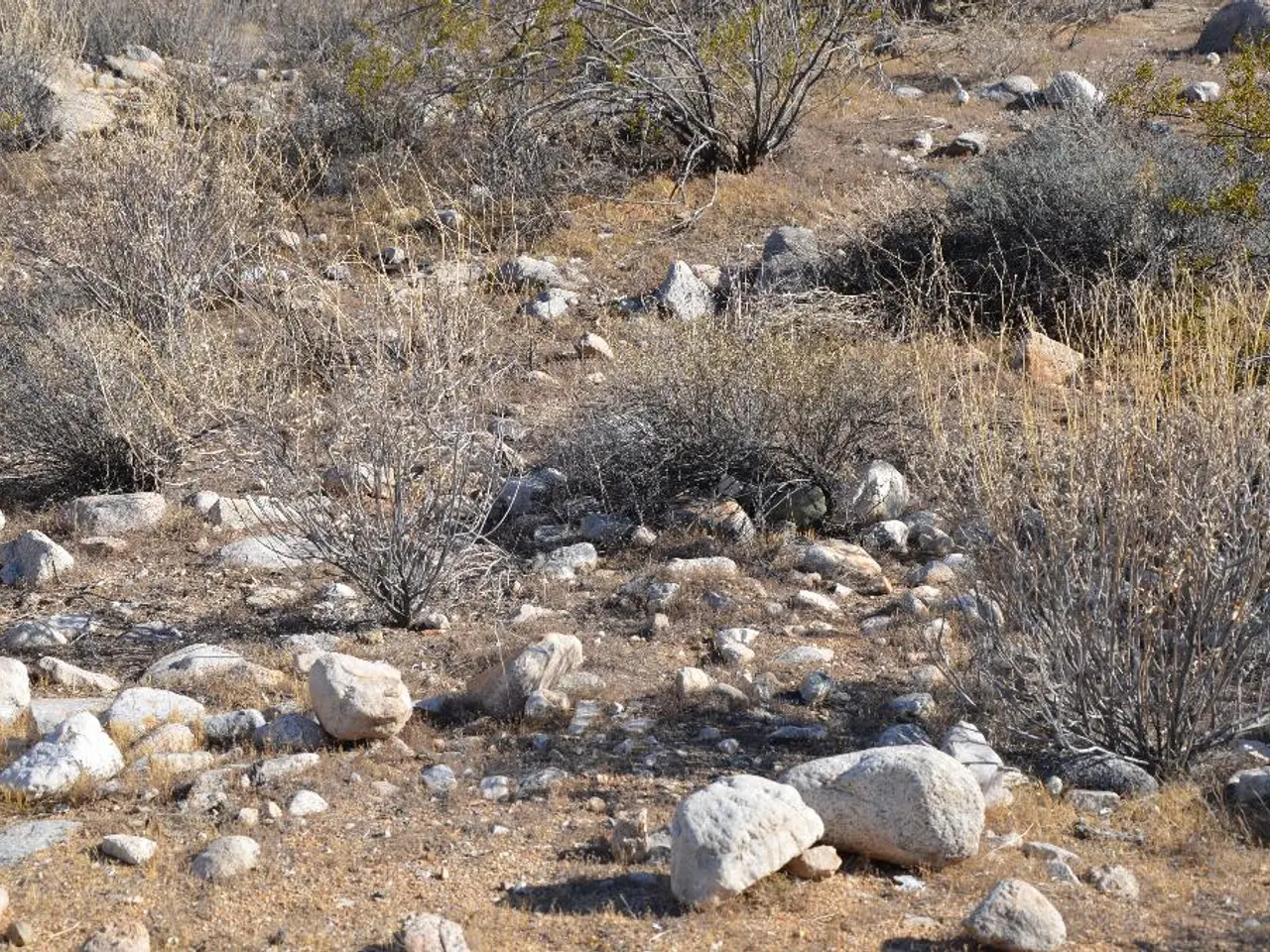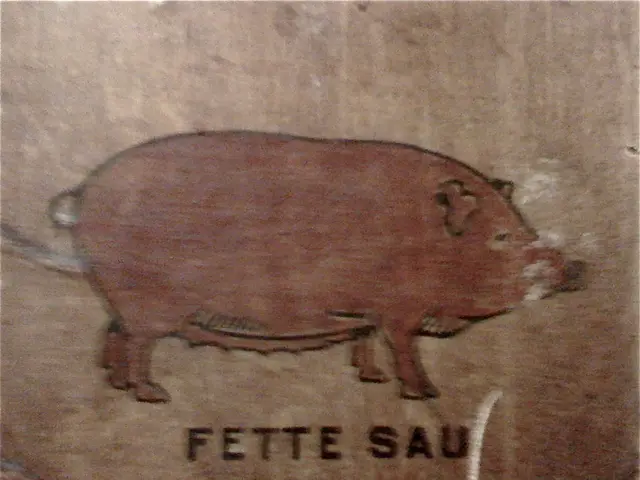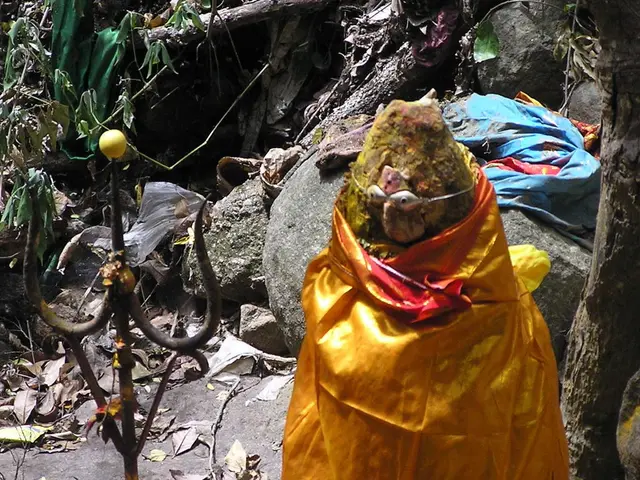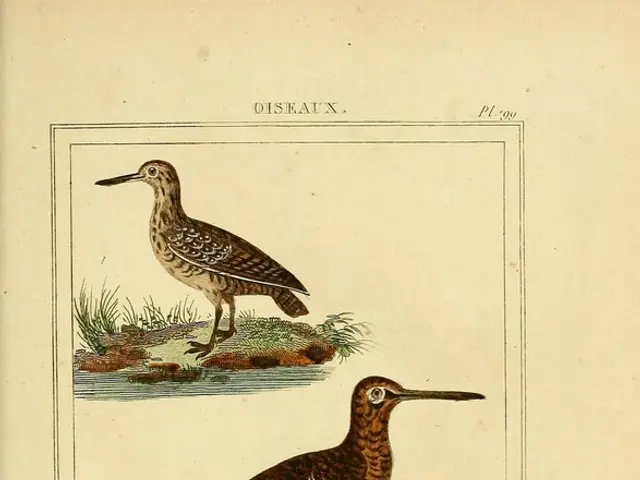Increasing Production of a Simple Method for Extracting Carbon Dioxide Directly from the Atmosphere (featuring Mati Carbon)
Mati Carbon, a trailblazing startup in the carbon dioxide removal industry, has been making waves since its inception in 2018. Founded by Merav Cygler and expanding in 2022 with Shantanu Agarwal at the helm, Mati Carbon offers a unique solution to combat climate change.
The company's approach revolves around spreading basalt, a volcanic rock, over farmland. This technique replicates the geological carbon cycle, does not negatively impact the environment, and has an added benefit: it increases crop yields by an average of 20%.
Mati Carbon's main revenue source is the sale of carbon credits based on the amount of carbon dioxide it captures. The carbon dioxide removal credits offered by Mati Carbon are of high durability, ensuring that the carbon dioxide is stored away for millennia.
In 2024, Microsoft bought 80% of all high durability carbon dioxide credits, according to a March 2025 report by the Circular Carbon Network. Other significant buyers include Shopify, which purchased 5,000 tonnes worth of carbon dioxide credits from Mati Carbon in January 2025.
Mati Carbon has trained over 130 technicians who spread basalt in fields at no cost to farmers. This altruistic approach has led to success stories like those of Dharmendra Patle and Heeralal Baghel, farmers from the village of Janamkhari in Madhya Pradesh, India, who saw a significant increase in crop yield after Mati Carbon spread basalt over their fields.
As Mati Carbon continues to grow, its next challenge will be to replicate its model in multiple communities. This expansion will lead to more data collection, awards, and business and partnership opportunities. The startup is on track to recruit an additional 10,000 farmers in the countries where it operates by the end of 2025.
Despite the promising progress, Mati Carbon has yet to meet its target of removing 100 million tonnes of carbon dioxide by 2040, having sold 12,500 tonnes worth of carbon dioxide credits so far. The carbon dioxide credit market is underdeveloped, with only a small number of players making the bulk of high-quality carbon dioxide credit purchases.
However, Mati Carbon's ability to scale quickly, thanks in part to the low cost of basalt (around $20 to $30 per ton), is a promising sign for the future. Agarwal is in conversations with multiple other buyers for large contracts to sell carbon dioxide credits, indicating a growing interest in Mati Carbon's innovative approach.
Mati Carbon's data is verified by Puro.earth and Isometric, two leading crediting platforms for engineered carbon dioxide removal. The company regularly collects water and soil samples and uses high-density soil and water tests to determine how much carbon dioxide has been absorbed.
In some of Mati Carbon's target countries, agricultural soils are eroding due to higher temperatures, erratic rainfall, and droughts, leading to food insecurity for small farmers. By addressing these issues and offering a sustainable solution, Mati Carbon is not only helping combat climate change but also improving the livelihoods of farmers around the world.
As investments in 'circular carbon' companies, which include startups developing a wide variety of technologies to remove carbon dioxide from the atmosphere or the oceans, have slowed dramatically, Mati Carbon's unique approach and promising results make it a standout in the field.







